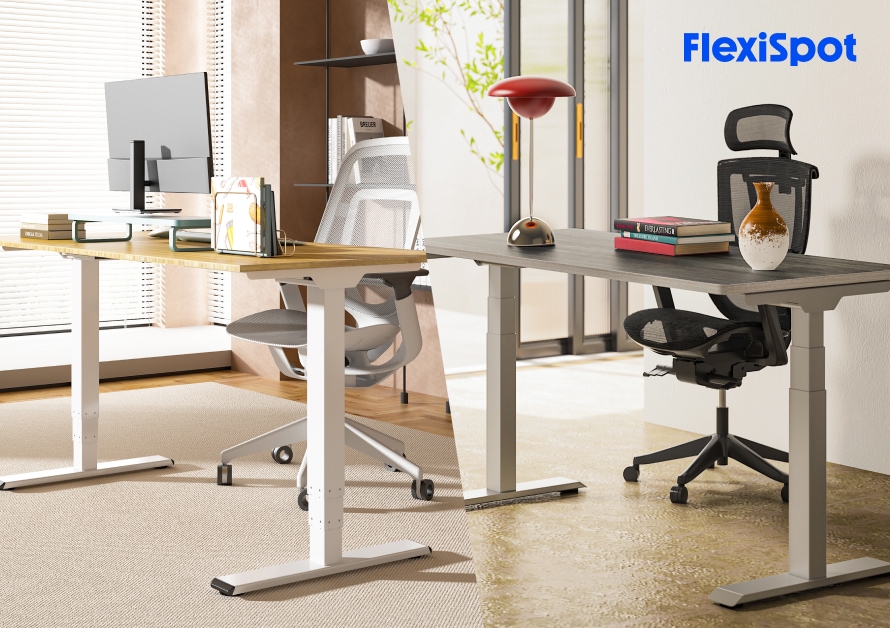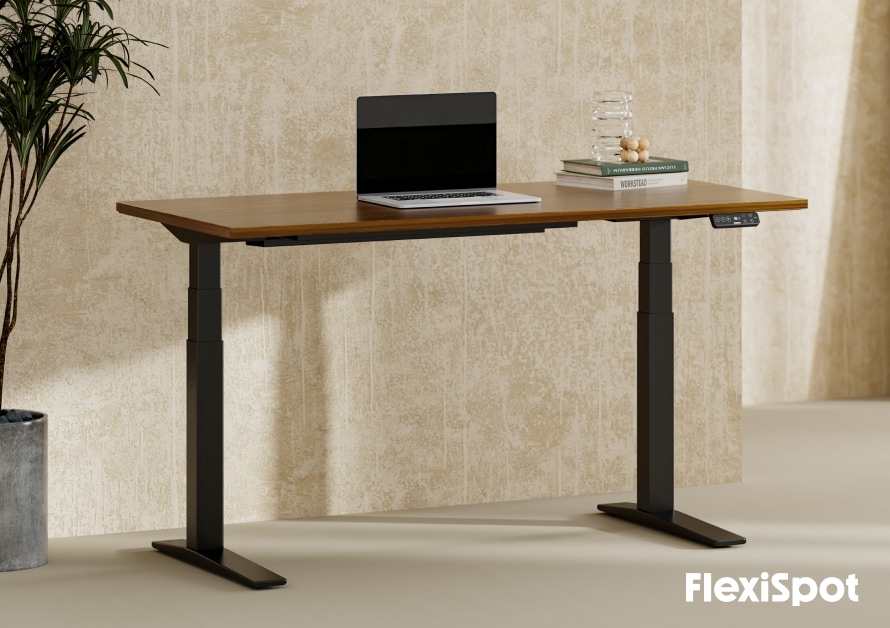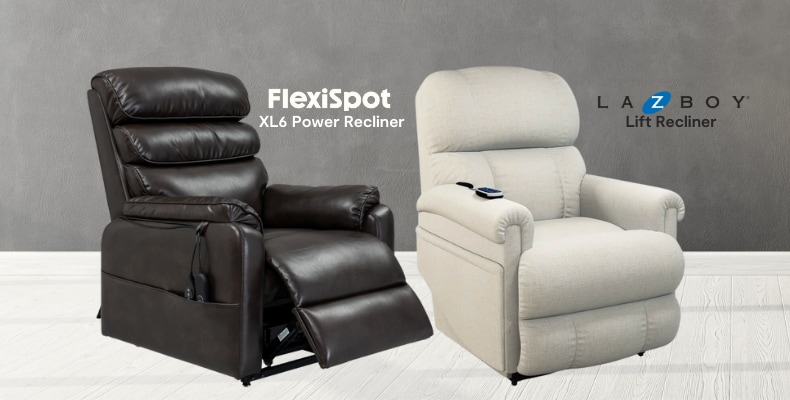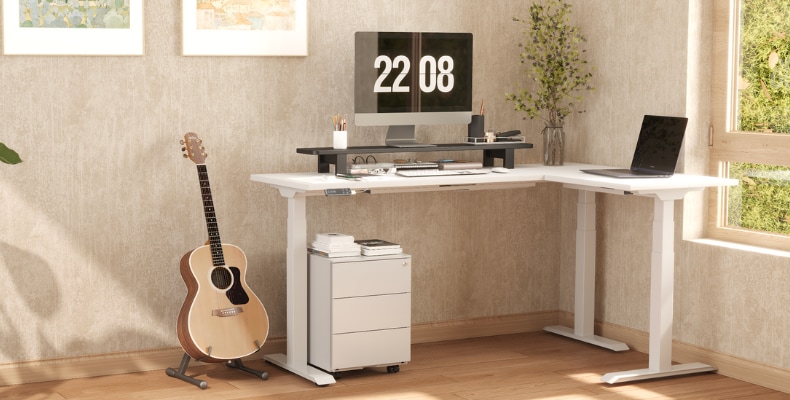For those seeking a minimalist yet durable bed frame, Japanese joinery beds are an excellent choice. Japanese joinery, a time-honored method of carpentry that involves fitting together precisely-cut wooden joints without the use of nails and screws to create a stable and secure frame. Unlike conventional bed frames, they are easy to assemble or disassemble without extra tools.
Thanks to its minimalist design and eco-friendly philosophy, Thuma's Classic Bed has become a popular choice among fans of Japanese joinery beds. However, its high price point makes it less accessible for many consumers. Fortunately, FlexiSpot's B6 Japanese Joinery Bed offers remarkable quality and craftsmanship at a more affordable price, making it the perfect alternative. So, what exactly sets these two bed frames apart? Let's dive in and find out.
Shipping Time
Apart from the noticeable price difference, the shipping time is another key distinction between both brands. Generally, Thuma's Classic Bed typically ships within 1-2 weeks.In contrast, FlexiSpot offers faster shipping, with in-stock items typically shipped within 3-5 business days. The faster delivery time makes it an attractive option for those who need a bed frame sooner.
Support
Thuma and FlexiSpot's bed frames do rather well when it comes to providing support. Thuma's Classic Bed features a single crossbar and a central support leg, allowing it to support up to 1,500 lbs. On the other hand, FlexiSpot's B6 features a cross-support structure and two central support legs for added balance and stability, with a total weight capacity of 1,200 lbs. Generally, bed frames have a weight capacity ranging from 800 to 1,500 lbs, which is more than sufficient for most users. Therefore, you can rest assured that the bed can comfortably accommodate your family and pets, allowing for playful activities like a pillow fight.
Noise Reduction
To ensure a quiet, restful night, both Thuma's Classic Bed and FlexiSpot's B6 Bed Frame come with features that reduce noise. Thuma's bed frame is lined with eco-fi felt to dampen sound and keep the frame stable and quiet, while FlexiSpot's bed frame is lined with velcro strips to prevent excessive movement and minimize noise. These thoughtful design elements make both beds ideal for those who value a serene sleeping environment.
Materials
High-quality and sustainably-sourced rubberwood is used to construct the bed frames of Thuma's Classic Bed and FlexiSpot's B6. As an eco-friendly material, rubberwood is not only durable and flexible, but it is also resistant to shrinking and warping, ensuring the bed frame maintains its integrity over time.
User-friendliness
Both the Thuma and FlexiSpot bed frames are designed to offer a convenient and user-friendly experience. For instance, the B6 is equipped with recessed legs, allowing it to fit neatly against walls while providing 10.2-inches of under bed space for ease of storage and easy cleaning. It also stands out for its compatibility with the S507 Electronic Bed Frame Converter, allowing for adjustable angles for tailored comfort that is perfect for reading, working, or relaxing. In contrast, the Thuma Classic Bed has a slightly smaller underbed space of 9 inches and lacks recessed legs, resulting in a gap when placed against walls.
Conclusion
To sum up, both Thuma and FlexiSpot's bed frames are excellent choices for those who value a good night's sleep and prefer a frame that is easy to assemble. We recommend the FlexiSpot B6 Japanese Joinery Bed for its sturdy design, user-friendly features like extra underbed space, and affordable price. Of course, the choice ultimately depends on what matters most to you as both beds offer great quality and comfort, ensuring you'll have a restful slumber.

.png)
















